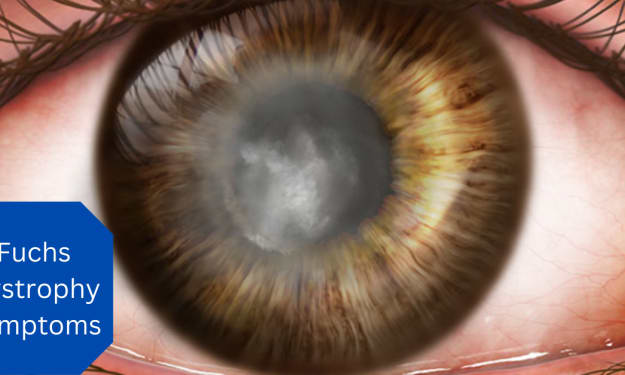Regain clear vision with Epiretinal Membrane Surgery
What is Epiretinal Membrane?

Epiretinal Membrane (ERM) is like a sheet of fibro cellular material, that develops on or over the surface of the retina. The fibrous structure keeps on proliferating leading to contracture of the membrane and leads to ophthalmic symptoms. The visual symptoms are due to retinal wrinkling, occlusion, or formation of pseudocyst or cystoid macular edema (CMO). Our article will focus on the causes, symptoms, signs, investigations, treatment, and epiretinal membrane surgery and prognosis.
CAUSES
What are the epiretinal membrane Causes?
The causes of epiretinal membrane can be divided into two types
Idiopathic:
Idiopathic cases are usually bilateral. In an idiopathic condition, there is no apparent cause, such as retinal detachment surgery, inflammation, or trauma.
Secondary:
The secondary causes include post-retinal detachment surgery which is the most common cause.
Other causes include retinal break, vascular disease, inflammation, and trauma.
SYMPTOMS AND DIAGNOSIS
What are epiretinal membrane symptoms?
The symptoms of the epiretinal membrane are often neglected. Some patients do not complaint any symptoms while others may present with visual problems that may include
• Blurring
• Metamorphopsia/ difficulty in seeing straight line or straight lines appear distorted.
• a gray area or blind spot in the center of vision, may occur as the condition slowly progresses.
In rare cases, the following symptoms may develop
• double vision
• light sensitivity
• micropsia or images appearing as small
SIGNS
What are the signs of epiretinal membrane?
• On examination, the visual acuity is highly variable.
• On slit lamp examination the epiretinal membrane may appear as a transparent sheen (cellophane maculopathy). It is best detected on red free filter or using green light with slit lamp.
• The membrane gradually thickens and contracts (macular pucker), causing distortion of blood vessels.
• Associated conditions may include hemorrhages, macular pseudo-hole, cystoid macular edema, and telangiectasia.
INVESTIGATIONS
Amsler grid: The test is useful in detecting metamorphopsia, as the test typically shows distorted lines.
Epiretinal membrane OCT: The test presents thickening of the retina with associated highly reflective surface layer. Disruption of outer/inner segment junction is associated with worse prognosis.
Fluorescence angiography: It is usually performed to investigate the cause of epiretinal membrane such as retinal vein occlusion. The test demonstrates vascular tortuosity and leakage.
TREATMENT
How to proceed with epiretinal membrane treatment?
The treatment of the epiretinal membrane depends upon the severity of the disease condition. In mild cases no surgery is advised however in severe cases prompt surgery is advised to secure the final vision of the patient. Non-operative treatments may include prescription glasses or contact lenses, anti-inflammatory eye drops, or injections to reduce inflammation in the eye.
Read my article about How to fix lazy eye/crossed eye
Epiretinal Membrane Surgery
How to perform epiretinal membrane surgery?
Epiretinal membrane surgery is a delicate procedure that involves removing the epiretinal membrane from the surface of the retina. The surgery is usually performed under local anesthesia and may take up to an hour to complete.
How to make preparation for epiretinal membrane surgery?
Before epiretinal membrane surgery, a comprehensive examination of the eye is made. The whole retina is assessed and complications are also noticed.
How is epiretinal membrane surgery performed?
The epiretinal membrane surgery is performed with vitrectomy in which membrane peeling is facilitated
How is the recovery after epiretinal membrane surgery?
For Details Click Here
About the Creator
sadia ayaz
My name is Dr. Sadia Ayaz and I am an ophthalmologist and eye surgeon. My medical degree is from Pakistan, I have done FCPS-1 / IMM from the College of Physicians and Surgeons Pakistan.
Enjoyed the story? Support the Creator.
Subscribe for free to receive all their stories in your feed. You could also pledge your support or give them a one-off tip, letting them know you appreciate their work.





Comments
There are no comments for this story
Be the first to respond and start the conversation.